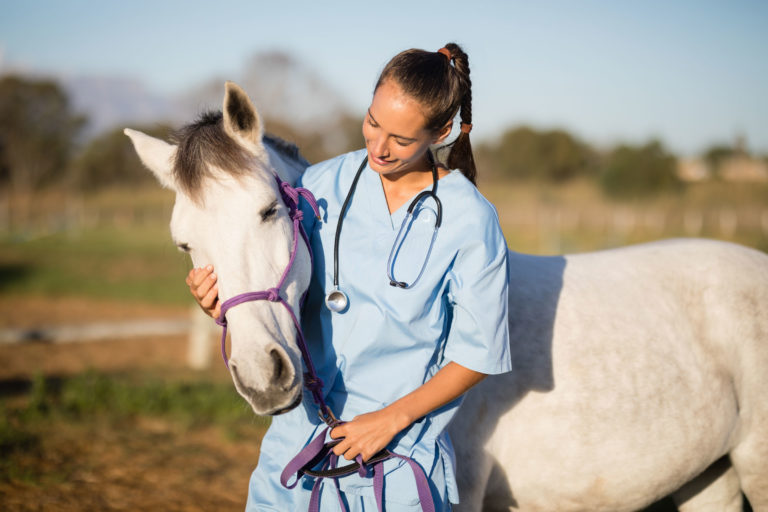Syndromic surveillance is the use of existing health data to provide real-time analysis and feedback to epidemiologists in the investigation of disease outbreaks. Spatial epidemiology is a subfield of health geography that allows the study of the distribution of disease and health outcomes. Utilizing both approaches allows for the mapping of disease geographically for correlation studies and detection of disease clusters (e.g. unusually high incidence of a particular disease or syndrome occurring in close proximity in terms of both geography and time). These methods are used to improve early detection of disease outbreaks or biologic terrorism in human and veterinary medicine.
Over the last 10 years, the University of Kentucky Veterinary Diagnostic Laboratory (UK VDL) has established an epidemiology section and implemented multiple surveillance, reporting, and alerting systems to monitor animal health. Utilizing a custom syndromic event simulator, the UK VDL uses test results and syndromic events (e.g., abortions, cases of respiratory disease, number of deaths) to monitor the health of Kentucky’s animal population to predict and model early disease outbreaks. This simulator monitors each day’s syndromic events combined with the previous 29 days of data to create a “moving” 30-day window. These data are then compared with historical data during the same time frame over the last 5 years (e.g., background rate of disease bounded by time and space). This mathematical approach allows us to statistically calculate if increased levels of specific events are occurring. Any data set that indicates an increased level of disease is then geocoded into map coordinates to alert UK VDL epidemiologists of a potential outbreak. Any indication by the program of a possible outbreak is then investigated and verified by the epidemiology section. Upon verification of an increase in sickness or deaths, the UK VDL then alerts Kentucky veterinarians and officials.
Aside from surveillance, the UK VDL utilizes necropsy and test data to generate a Kentucky animal health map that is published on our website at vdl.uky.edu. This map allows users to click on any county in Kentucky and see what diseases have been diagnosed during the last month. If a county lacks information, then it means no cases have been diagnosed in that county at the UK VDL. The map does not identify owners or the specific location in which the disease was diagnosed, only the county of the submitting veterinarian. This allows us to maintain client confidentiality while at the same time providing users with a method of determining the diseases in their area, so that biosecurity measures can be implemented or increased.
While syndromic surveillance and spatial methods of epidemiology are always evolving and being refined, it should be noted that there are some challenges to these methods. Spatial epidemiology is almost always based on data analysis. Because of this, data collection must be routine and accurate. Syndromic surveillance currently used by the UK VDL depends upon the data collected solely at this laboratory; the inclusion of field data from veterinarians or other laboratories would further enhance this important surveillance technique.
For more information on this topic contact author Dr. Jacqueline Smith at jsmit8@uky.edu. Subscribe to the Equine Disease Quarterly online. The Equine Disease Quarterly is funded by Underwriters at Lloyd’s, London, Brokers and their Kentucky Agents.








